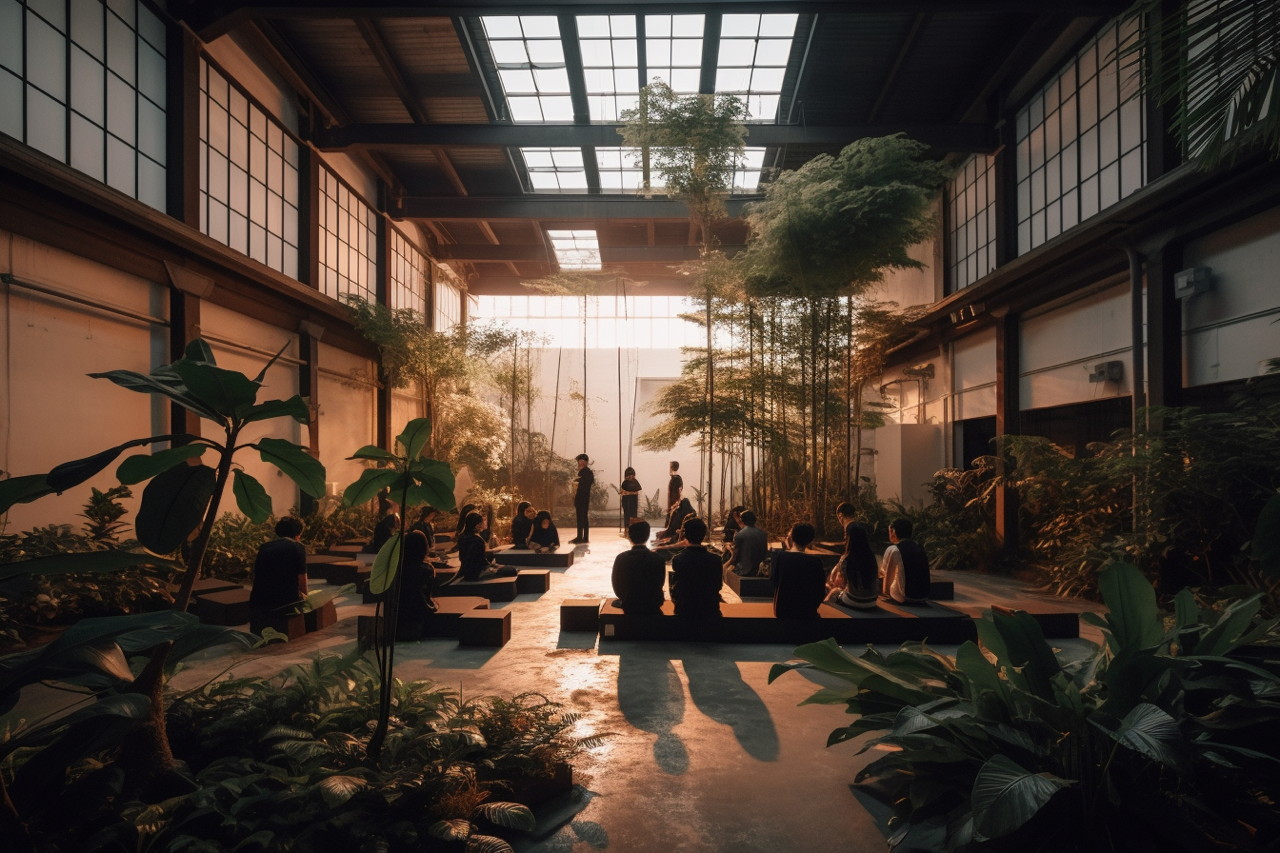
The design community often promotes the notion that Design can revolutionize the world, as if It possessed some noble essence, independently capable of generating positive impacts. “The power of Design” is what I often hear.
However, this mystification or romanticized narrative about design masks another process: the role of Design in perpetuating the very problems it purports to solve. This promotional smoke bomb traps designers within a commercially driven framework that inhibits the emergence of genuinely transformative change. Thus, beyond the marketing of positive impact and empathy, designers constantly resort to concepts that must be revised to address social issues or facilitate co-creation and collaboration with the people directly affected by problems.
My unlearning journey
The Codex is a straightforward collection of concepts and references that encapsulates my unlearning journey and many years of assembling teaching materials across various sub-disciplines. The Codex is born of a desire to recontextualize the practice of Design. Indeed it aims to situate Design within an inherent materialist, critically reflective and ecologically radical framework. This collection of texts is intended at providing an alternative lens to understand and navigate the practice of Design today.
With the Codex, I wish to offer a materialist introduction to the confluence of Design and politics for anyone wishing to refine their ability to approach problems from a perspective distinct from the conventional neoliberal approach. With the Codex, I want to provide adequate resources to exert a more significant counterforce against the system that relentlessly exploits and harms our world.
The Codex proposes a conceptual toolbox designed to help prevent the inadvertent perpetuation of capitalist structures within design work while proactively cultivating designers’ abilities to oppose and challenge a system that ceaselessly exploits and damages our world.
The Codex serves, therefore, as a reflective space on the expansive and intricate intersection of Design and politics. It’s important to note that this compendium is a work in progress. It is a continually evolving project, open to revisions and expansions as I continue experimenting, learning and unlearning.
Sharing
My design approach, influenced and shaped by some of anarchism’s core tenets, advocates a collaborative design practice defined by open access to knowledge, self-governance and shared learning. Drawing inspiration from Free Schools and Critical Pedagogy, this approach encourages an anti-capitalist and critical practice of Design, relying on curiosity, imagination and creativity, challenging the market-driven established norms. I support a Design practice based on open knowledge exchange.
Imagery
Using artificial intelligence (MidJourney), I experiment with generating a visual environment that opens a visual representation space for the Codex’s content; I aimed to go beyond cheerful teams on sticky notes or the stereotypical vector characters for web design (like my V1).